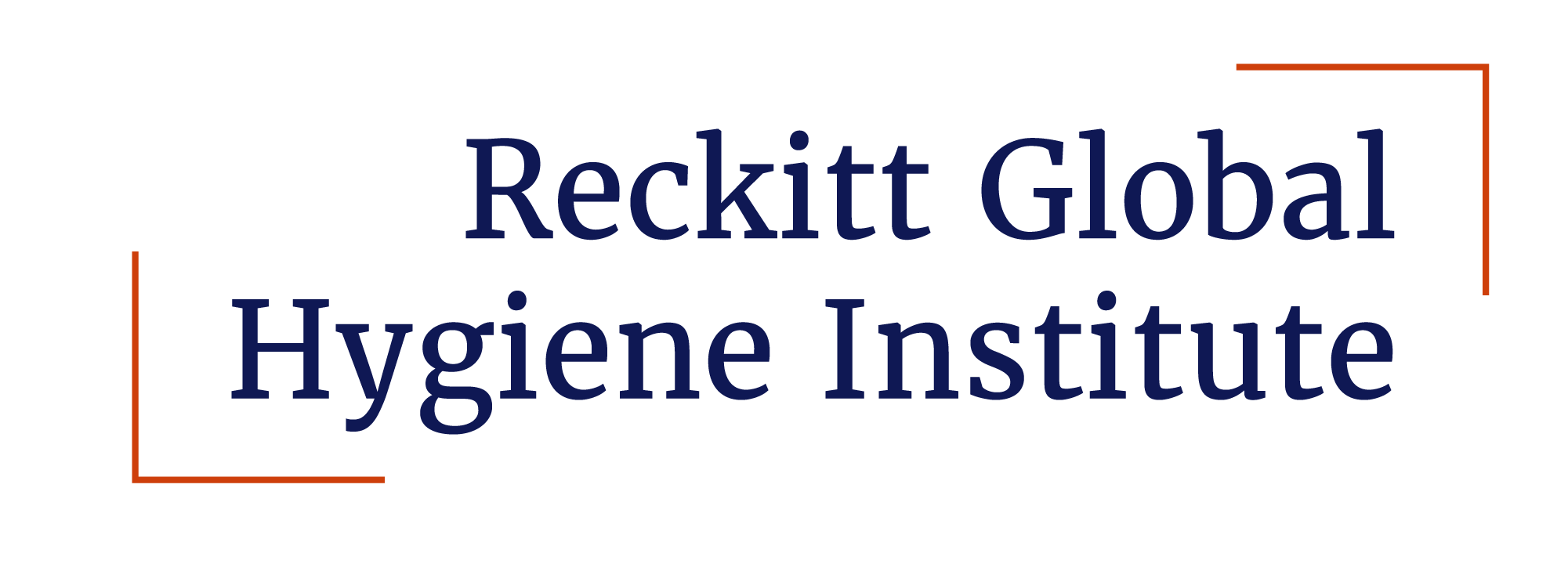Why Does Fear Often Trump Knowledge in Public Health Discourse?
As the Executive Director of the Reckitt Global Hygiene Institute, I am committed to advancing evidence-based approaches to health and hygiene. Yet, I find myself reflecting on a troubling trend: why does fear often drive our responses to public health concerns, while knowledge and evidence sometimes take a backseat?
This thought has been sparked by recent media coverage of human metapneumovirus (HMPV) in China. Reports of a rise in cases have led to a slew of alarming headlines, many of which liken the situation to the early days of the COVID-19 pandemic. Almost exactly five years since COVID-19 upended the world, such comparisons are not only misleading but also unhelpful.
Unlike SARS-CoV-2, HMPV is not a novel virus. It is one of several pathogens that circulate globally each year, causing respiratory illnesses. For most people, HMPV infections are mild, resembling the common cold. Severe cases—such as bronchitis or pneumonia—can occur, particularly among infants, older adults, and those with weakened immune systems. However, in higher-income countries, fatalities from HMPV are rare.
So why are we seeing so much alarm and so little evidence-based guidance?
Learning (or Not) From the COVID-19 Pandemic
The COVID-19 pandemic was, undeniably, a steep learning curve. We were thrown into a fight against an unknown virus, and our collective knowledge about how to protect ourselves and others evolved rapidly. Masks, hand hygiene, and physical distancing became pillars of our defence, particularly in the absence of vaccines and treatments in the early days.
But HMPV is not new. We understand it far better, and we already know which interventions work to prevent respiratory virus transmission. Yet, where are the calls for action? Where are the media campaigns encouraging basic hygiene measures, such as handwashing, wearing masks in crowded settings, or improving ventilation?
Instead, I’ve observed a troubling reluctance—even hostility—toward revisiting some of the very measures that helped protect us during the pandemic. Suggestions to reintroduce mask mandates in hospitals, for example, have been met with resistance. This hesitance begs the question: Did COVID-19 teach us anything about the importance of small sacrifices to protect the most vulnerable?
A Matter of Perspective: Fear Versus Compassion
Perhaps our collective memory is shorter than we’d like to admit. Fear drives urgency, but compassion and knowledge require sustained effort. Hygiene interventions like wearing masks or staying home when sick are not just about individual protection—they are acts of community care, especially for those who are most at risk.
Yet, these actions often face resistance because they are perceived as inconveniences. How quickly we forget the lives saved and the suffering avoided when these measures are embraced. How easily we fall back into narratives of individualism rather than collective responsibility.
Moving Forward With Evidence and Empathy
The discourse surrounding HMPV highlights an urgent need to refocus public health conversations on evidence-based solutions rather than fear-driven speculation. It also underscores the importance of communication strategies that prioritise knowledge, empathy, and collective responsibility.
As leaders, scientists, and citizens, we must ask ourselves: Are we doing enough to bridge the gap between what we know and how we act? Are we fostering an environment where protecting the vulnerable is seen as a shared obligation rather than a burden?
COVID-19 taught us many lessons, but the most enduring one should be this: small sacrifices—like practicing good hygiene or wearing a mask in high-risk settings—can have a profound impact. Let’s not let fear overshadow our ability to act thoughtfully and compassionately. Instead, let’s ensure that knowledge, not alarm, guides our public health decisions.
Together, we can create a healthier, more resilient world—one informed by evidence and driven by care for one another.
Sarah Roberts, RGHI Executive Director




 Hand Hygiene in Dadaab Refugee Camps by Peter Mndanyi/CARE Kenya (CC BY 2.0 https://creativecommons.org/licenses/by/2.0/)
Hand Hygiene in Dadaab Refugee Camps by Peter Mndanyi/CARE Kenya (CC BY 2.0 https://creativecommons.org/licenses/by/2.0/)